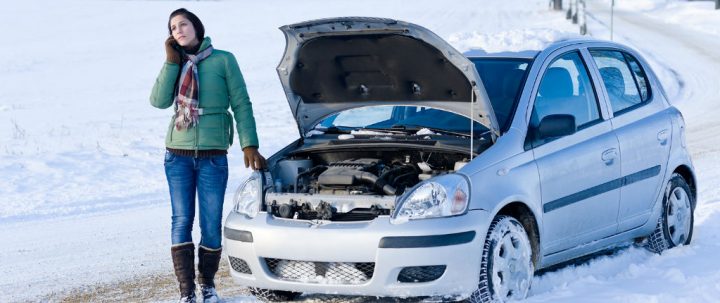Poor fuel efficiency caused by cold weather over winter will cost car drivers an extra £1.7bn, new research by Go.Compare Car Insurance has revealed.
All vehicles will require more energy to run during the colder months, leaving Brits with yet another extra expenditure during a period of rapid inflation and economic uncertainty.
Many factors lead to vehicles being less energy efficient in colder temperatures, including using the heating, and more use of brakes in variable weather conditions. In petrol and diesel cars, the engine takes longer to heat up and thus requires more fuel. In electric cars, the batteries are less efficient.
Those who have opted for an electric car, perhaps to preserve energy usage, will find themselves the most affected by the lower temperatures, as the cost per mile will increase by 4p over the winter.
This will leave electric car drivers paying an extra £87.65 on average over the colder months, equal to £47.5 million more being spent on charging across the country. This has also been impacted by the increase in energy costs as electricity becomes more expensive.
Fuel economy will affect all drivers over the winter months, however, with owners of petrol-powered cars shelling out an additional £56.39 to run their vehicles. As these make up the majority of traffic on the UK’s roads, this will total over £1 billion extra being spent on petrol alone.
Diesel engine cars will be the most efficient over the winter, but will still consume more fuel, costing drivers an extra £51.55. This equates to £615 million more being spent on diesel during the colder period.
In order to mitigate increased fuel consumption, Go.Compare has published tips for drivers to help improve fuel economy, as well as a fuel usage calculator. Hypermiling has the capacity to increase miles per gallon by 20%.
Ryan Fulthorpe, motoring expert at Go.Compare, said, “We understand that drivers may fret at having to spend more of their budget on fuel, especially since prices have been rising across the board. While drivers will have seen these increases every year, their impact is more dramatic with this year’s fuel costs.
“Drivers worried about being able to afford to run their cars can try to mitigate the costs by minimising fuel consumption where possible. Taking public transport, carpooling or walking can soon add up to significant savings, while also benefiting the environment.”


